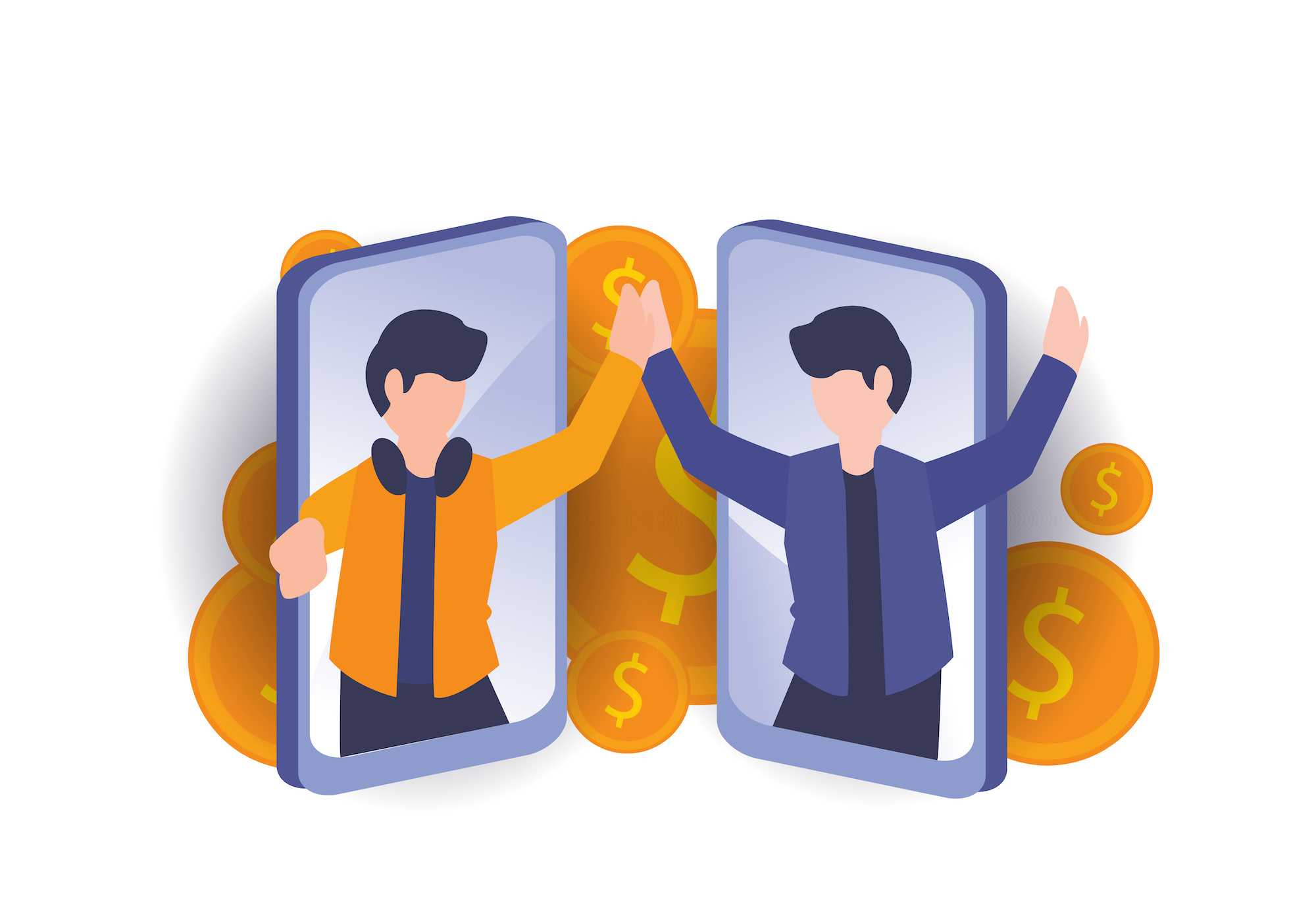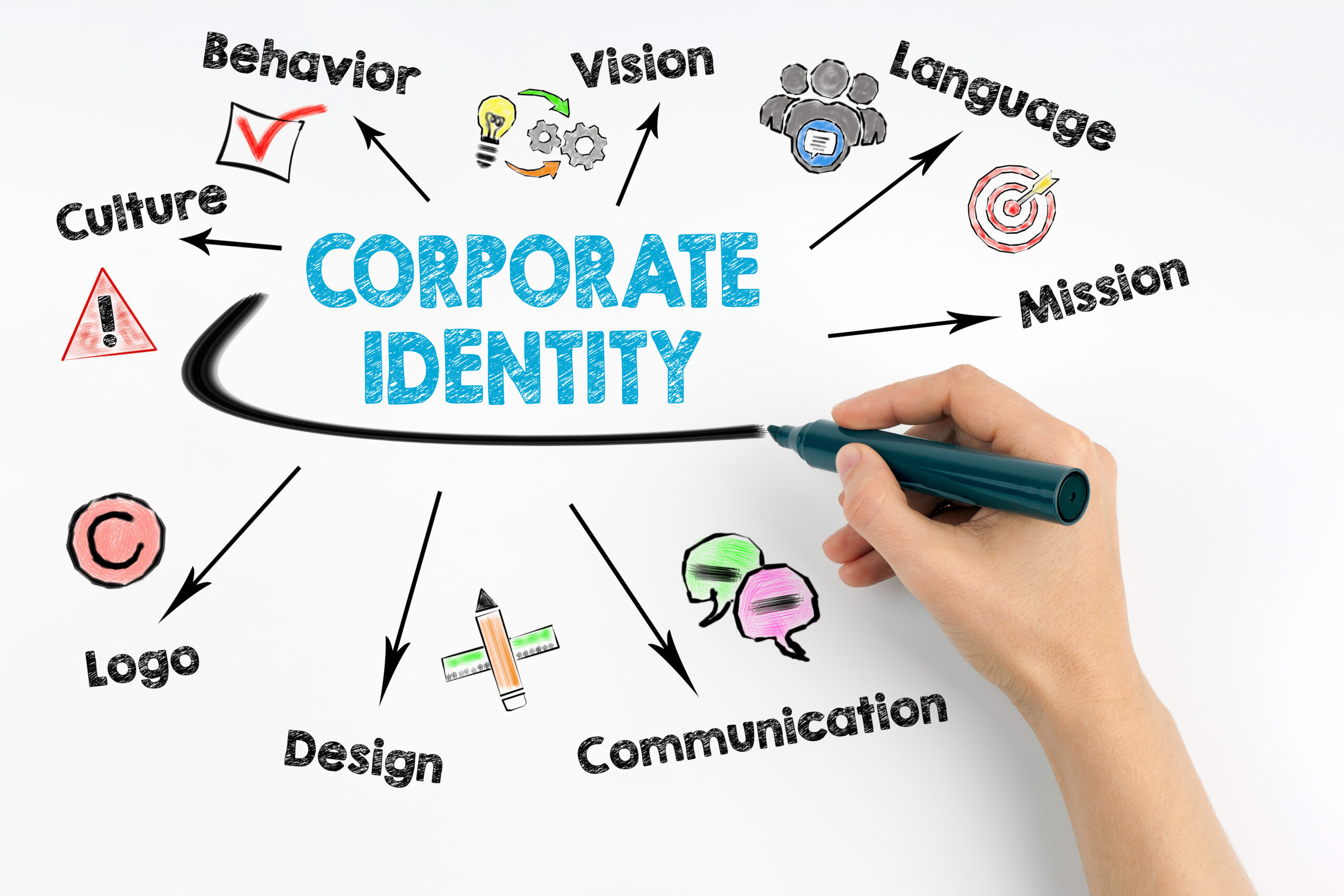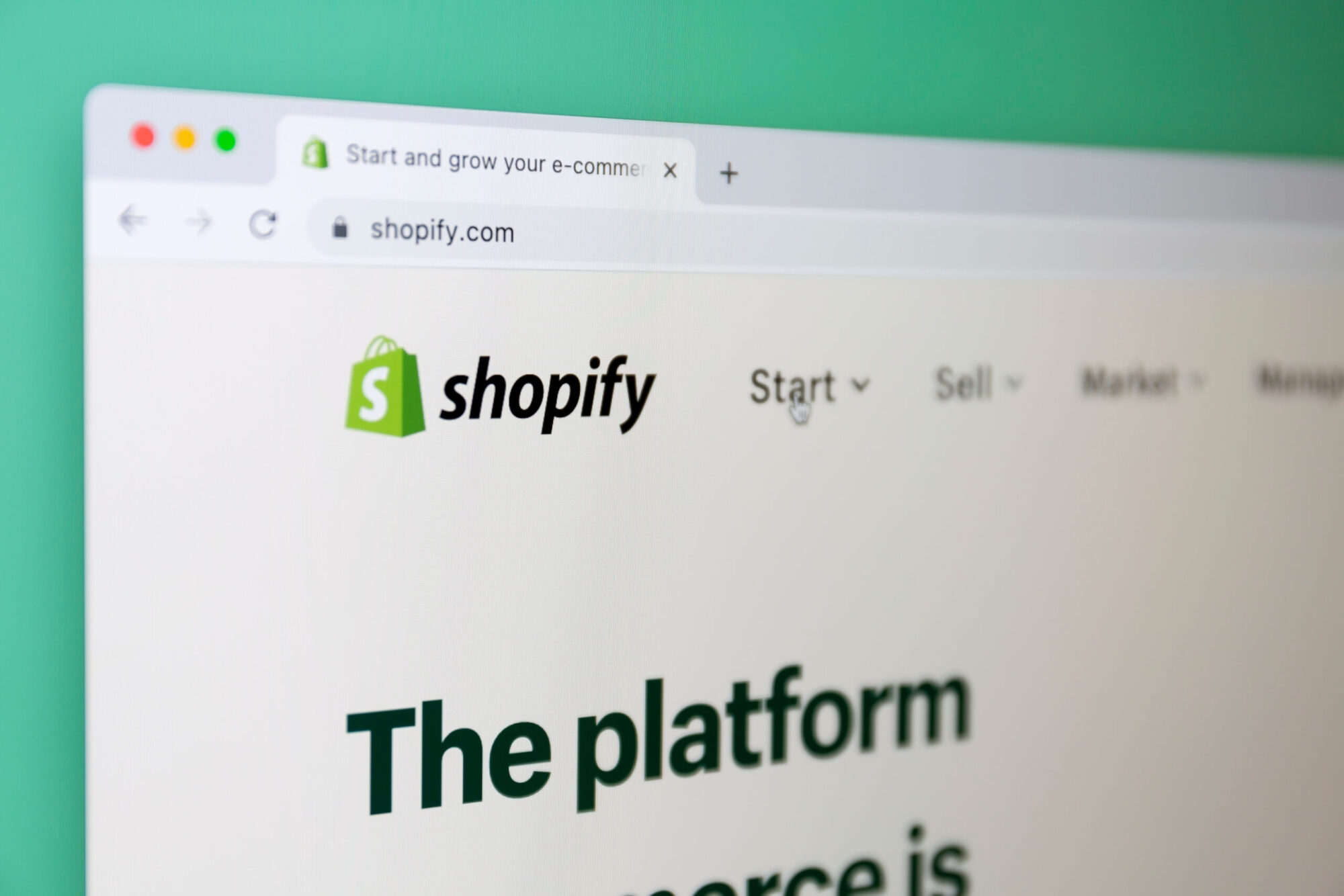Banks consider the different types of possibilities that can put the reputation of your company’s banks’ name at risk.
Your risk factor may be the result of a feature owned by your business or a combination of multiple attributes. Let’s take a look at reasons why your business is labeled as high-risk.
Why a Business is Labeled as High-Risk?
Various organizations, from banks to credit card processors and insurance companies, are identified as high risk by businesses due to the increased risks associated with serving them.
The meaning of a business being considered high risk depends not only on the type of organization in question, but also on the policies that particular companies have implemented. There are several criteria that enable each provider to determine their high risk situation.
In order reasons why your business is labeled as high-risk, the following factors are generally taken into consideration.
- Businesses with a high chargeback or fraud rate
- Overseas businesses operating in the United States
- Questionable legality products or services
- Suspicious sales and marketing practices
- Bad personal credit score
- High average ticket sales
It is helpful to know reasons why your business is labeled as high risk in terms of developing your business.
- Businesses with a high chargeback or fraud rate
If your e-commerce company or business has had a high chargeback rate in the past or has obviously been fraudulent, you are likely to be considered a high-risk business. The identification of these high-risk businesses is generally determined by the behavior of your customers rather than your personal behavior.
- Overseas businesses operating in the United States
If the location of your business is abroad, but the customers you primarily sell to are the USA, you are likely to be qualified as a high-risk seller. While the potential for fraud is treated as a strong factor here, the banking regulations in your home country can also be a decisive role.
- Questionable legality products or services
This factor is the reason why most companies are shown as high risk. The most obvious examples of these are pornographic content and selling drugs. However, there are many other examples that we can consider.
- Suspicious sales and marketing practices
Are you running a business aimed at defrauding people? If so, your business will be labeled as high risk according to still accepted guilt principles.
- Bad personal credit score
While many criteria look at your business when determining whether you are high risk, the criterion we will consider now looks at your loyalty to the bank. If you delay your payments to the bank, your personal credit rating will drop. In this case, you are likely to see the high-risk label by some providers.
- High average ticket sales
If your business has a continuous purchase of higher than normal amounts via credit cards, you may be included in the category of high risk businesses. We would like to state that this factor examined generally affects furniture stores and institutions that have carried out above-normal B2B sales.
Understanding Payment Processor Fees and Rates for High Risk Industries
If your business is considered high risk, your account will be sold at a higher cost compared to other merchant accounts.
You may need to set aside more money for both the fees for your merchant account you have purchased and the fees you have to pay per the number of transactions you have made. Apart from that, the long term contract you have made with the provider will be longer than the normal contracts.
The fee per transaction is a situation experienced by those with high risk businesses. If you compare yourself to a regular merchant account that sells equally with you, the amount you have to pay to the provider will be twice the other merchant.
Getting a Payment Service for Your High-Risk Business
Taking all of the factors into account, the two most likely to be tagged as a high-risk business depend on the high number of chargebacks and how high your business is at risk of being defrauded.
If your business has a large number of chargebacks and your e-commerce site is more likely to be defrauded by internet hackers, you are considered a high-risk merchant. Since working with high-risk traders is considered risky, some of the institutions that can agree to work with them are buyers and payment providers.
Since most of these institutions take risks, they charge extra fees from high-risk merchant accounts depending on the risk they enter. There are also payment providers who work with high-risk operators and do not charge extra for taking risks from them.
Reducing the Risk on Your Business
If your business is operating in a country or industry that is seen as risky, that business will definitely be considered high-risk. Apart from this, the high rate of chargebacks and frauds made by internet hackers will cause you to be labeled as a high-risk business.
Therefore, if your e-commerce site is complains about fraud even once or if your policy on chargeback is not correct, you are more likely to be seen as a high-risk merchant. You should try to minimize fraudulent incidents in your business and train your team well to avoid chargebacks. As long as you do this, you start to reduce your risk level.
Thanks to all the details mentioned above, you can learn the reasons why your business is labeled as high risk and you can ensure that your business provides better quality service.




